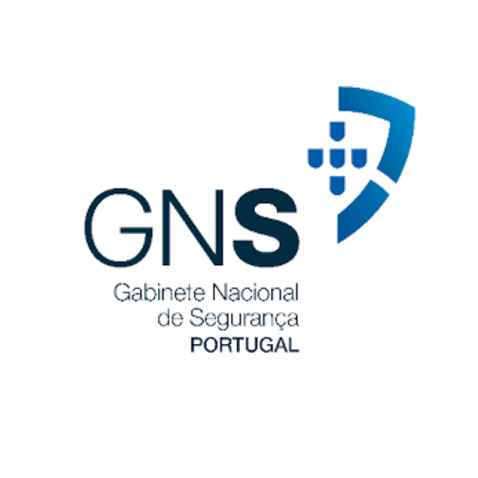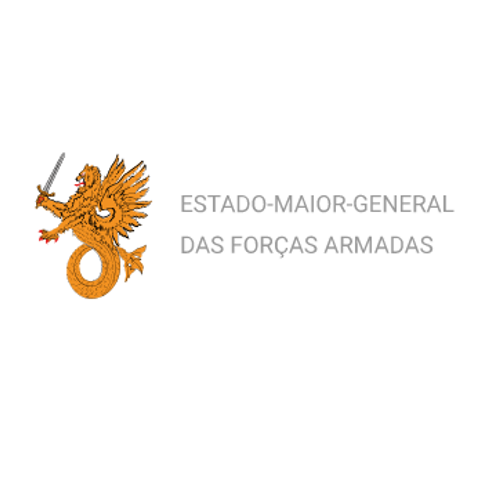DISCRETION
Disruptive SDN Secure Communications for European Defence
Optical and quantum communications for safe and robust networks against new security threats in the post-quantum era
Innovative and Agile Network
Based on a Software Defined Network (SDN) that is flexible, agile, and easy to integrate with other technologies
Unique and High Security Encryption
Enabled by Quantum Key Distribution (QKD) for a safer and more robust network against security threats
Strategic and Tactical Applications
Equipped with a control plane and a set of applications designed to meet the needs of military networks
Secure and resilient communications with
quantum-enabled Software Defined Networks
quantum-enabled Software Defined Networks
DISCRETION will integrate and combine Software Defined Network (SDN) and Quantum Key Distribution (QKD)
technologies on top of legacy optical networks to build a highly secure, scalable, and resilient network
control architecture for advanced military tactical operation services

Aiming high on European technology sovereignty
for secure communications
for secure communications
DISCRETION intends to leverage the potential of quantum technologies in Europe to introduce a mechanism for
securely sharing information between Member States Defences


Why quantum technologies?
Security is a concern when dealing with sensitive information and critical infrastructures. The advent of quantum technologies, particularly Quantum Computing, has raised new security threats affecting most of the existing security Cryptosystems in the future.
These traditional cryptosystems have their security mainly based on assumptions about the computational complexity of some mathematical problems believed to be hard to solve by our conventional computational means, such as the ones we use nowadays.
However, we are about to enter the post-quantum era, and our encrypted data can be stored now and easily decrypted later by hackers with access to quantum computers soon, in what is known as the Harvest Now, Decrypt Later (HNDL) paradigm. Most methods used today in public-key cryptosystems, such as Diffie-Hellman (DH) key exchange protocol, Rivest-Shamir-Adleman (RSA) algorithm, or Elliptic Curve Cryptography (ECC), are known to be breakable when attacked by a quantum computer.
On the other hand, Quantum Key Distribution (QKD) protocols are based on the fundamental properties of matter, ruled by quantum mechanics. Thus, they cannot be attacked by any computational means, whether classical or quantum. Being a physical method, it requires a physically implemented channel of quantum nature and the ability to produce, process, transmit, and detect signals at atomic and sub-atomic levels.
The Portuguese National Security Office and Portuguese National Defence have been investing in and preparing optical and quantum communications for the future, enabling the secure and robust exchange of sensitive data.
QSCRIPT, a previous initiative supported by the Portuguese National Security Office and the Portuguese Armed Forces General Staff, enabled the development of a communication anchor based on cipher machines and cryptographic key production processes. Two sites of the Portuguese Ministry of National Defence positioned 4.5 km apart were connected by a quasi-quantum link using Portuguese technology, which DISCRETION will improve.
DISCRETION supports the PErmanent Structured COoperation (PESCO) project and the EU Cyber Academia and Innovation Hub (EU CAIH), led by Portugal. These initiatives will facilitate the research and development of innovative solutions and technologies for cybersecurity, promote training and provide the new competencies required to master these new cryptographic systems, encourage the transfer of these novel technologies to other sectors, and foster the creation of new products.
The European Quantum Communication Infrastructure (EuroQCI) initiative aims to build a secure quantum communication infrastructure that will span the European Union, including its overseas territories (click here to learn more).
DISCRETION will also enable the development of the first segment of an initial quantum cryptographic network in Portugal for EuroQCI, known as Portuguese Quantum Communication Infrastructure (PTQCI), which will use European and Portuguese technology.
Partners

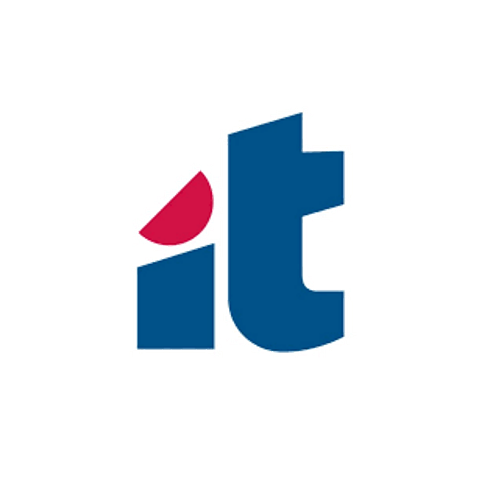
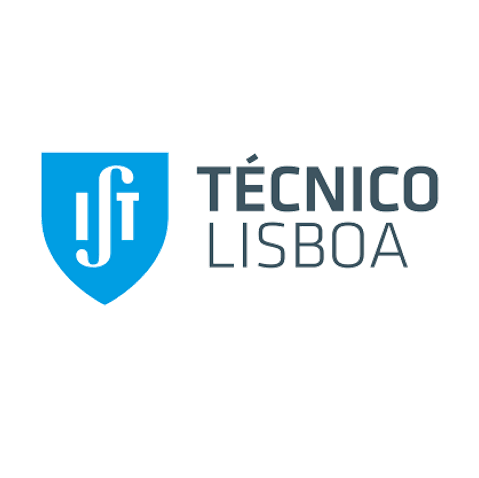
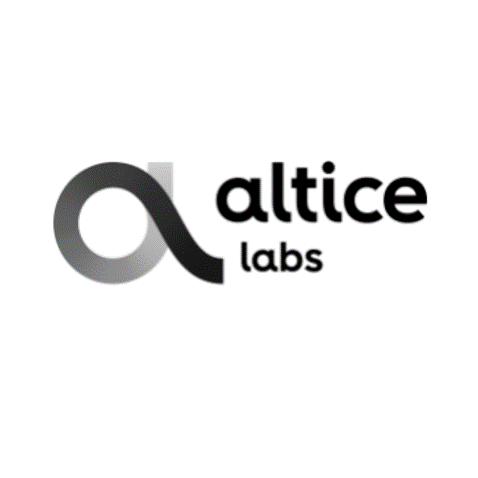
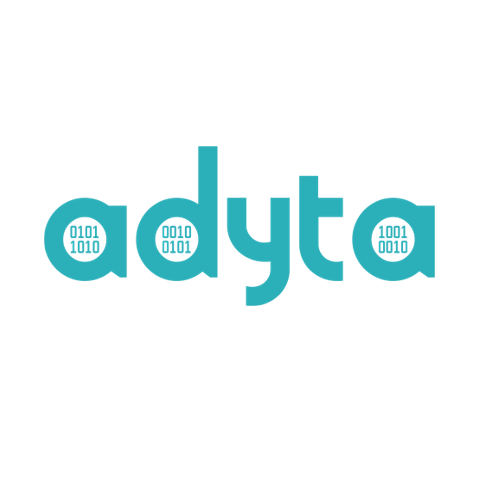
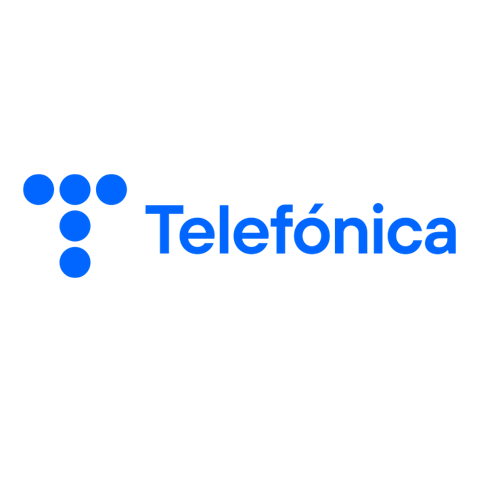
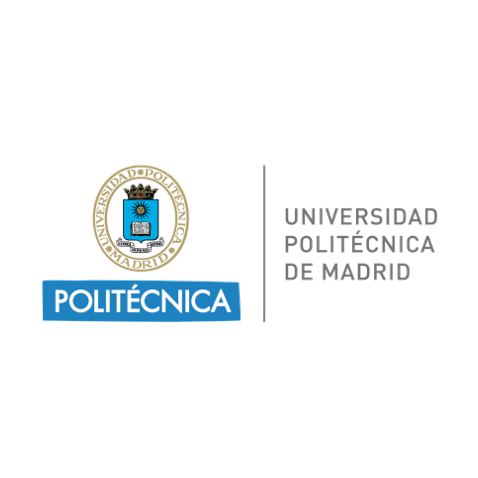
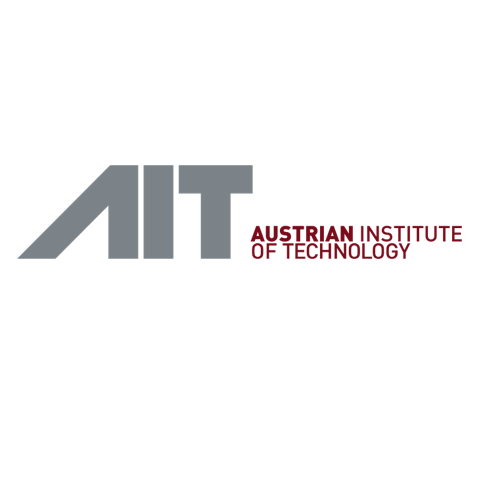

Supported by
